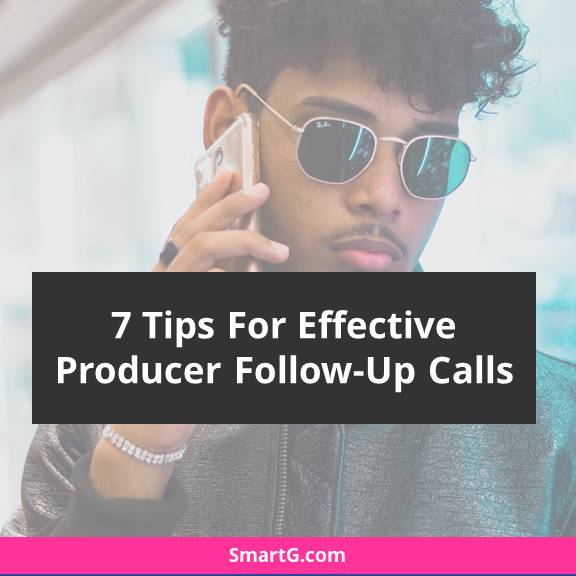 Congratulations, your pitch of your screenplay was compelling and now a literary agent or producer has requested your screenplay. Be proud of yourself as this is a great accomplishment!
Congratulations, your pitch of your screenplay was compelling and now a literary agent or producer has requested your screenplay. Be proud of yourself as this is a great accomplishment!
However, you may not have expected the next obstacle — and that is the waiting game. That’s right, dear screenwriter, the waiting game begins — and you get to see how dedicated you really are!
It can be excruciating waiting for an answer to what they think of your screenplay. Every time the phone rings, you know it could be “Hollywood” wanting to buy or option your script! When you check your email, you’re hoping to see that email that could start a new phase of your life — reading that someone in Hollywood loves your script.
But most of the time it doesn’t happen that way. You just WAIT! And wait…. and wait…. waiting… and so forth.
Here is your screenplay, a piece of yourself that you have invested so much time and energy in. It has been your life for the last year or two…you’ve shared it with someone….yet you wait. They may not even realize it’s on their desk. In fact, if you don’t take the next step, they may, in fact, forget it’s there!
Now that you’re a screenwriter who’s gotten a screenplay into their hot little hands, it’s time to step up and take some action to move it forward. Pick up that phone and make some calls.
Here are some tips for being effective when calling producers.
1. Make flashcards with questions you may be asked by the producer and/or literary agent.
Most of the time you will find it to be difficult to get past the gatekeeper. They may say, “Who are you calling for?” and then, “What is this regarding?” How will you answer that? It’s predictable they will ask it, so think it through and come up with an answer ahead of time that might help you get around the gatekeeper.
It’s important that you come off as confident and professional, otherwise they will just relate to you as a newbie who’s trying to get past them. It’s okay if you are a newbie, but the more arrows you have in your quivver for getting around the gatekeeper, the better!
2. Role-play with another individual, using your flashcards, and set up a mock conversation.
Do the same as above, but have a friend ask you the questions and interact with you. Ask your friend for honest feedbck to give you some ideas on what to do when you call the producer or literary agent or manager.
3. Know what your goal is before you call.
Of course, you want to see if they’ve read your script or when they might read it. But you might also ask for a meeting if they are in town. Or perhaps, you might try to enlist the assistant’s help in getting your screenplay read. The main thing is not to have a one-trick-pony-goal with an all or nothing outcome that either they want to buy it or …. nothing. Think of possible goal outcomes you could have for a phone call other than the obvious one.
The main thing is not to have a one-trick-pony-goal with an all or nothing outcome that either they want to buy it or …. nothing. Think of possible goal outcomes you could have for a phone call other than the obvious one.
4. Don’t ask a question when you call, try to make statements more.
Get in the habit of saying “Sandra Smith, please,” as a command, instead of “May I speak to Sandra Smith?” When you start practicing this and get good at it, it starts to sound more professional and “important!” 🙂
It tends to give the impression that you know what you’re doing, what you want, who you need to talk to do it, and that you are a professional instead of a newbie.
5. Each time you talk to someone, build rapport and establish yourself so they recognize you next time.
Always be polite and friendly to everyone — and especially the receptionist and assistants. Get their names if you can. You can begin to build your relationship with them and who knows when they might help you!6. When you speak to the producer or literary agent, build rapport by speaking at about the same pace as them.
This is a little NLP, if you’re familiar with that. Most of the time, these are busy people and if they’re in a hurry, you speak faster and vice versa. Speaking at basically the same volume level and pace creates an unconscious sense of rapport and makes it more likely that they will like you.
7. Ask whomever you speak to for their recommendation on what to do.
No matter who you’re speaking to, if you come up against a road block, ask for their advice. Even the receptionist may have an idea. If you’ve built rapport with her/him over time, you might ask, “So, Tina, what you do if you wanted to xyz to the …. do you have any good tips for me? Even if you can’t help me directly? Any ideas on what else I might try?”
At that point it can’t hurt because you’re kind of stuck otherwise anyway. So go for it!
Sequentially taking these additional steps will up your odds of moving something forward and potentially put your name in the forefront of their mind. It’s the ones who go after what they want wholeheartedly that succeed.
For more tips along this line, you may want to check out my book, “17 Insider Strategies For Effective Follow Up,” for $27. Call us at 818/907-6511 or pay at Paypal and we’ll forward your copy immediately!
If you haven’t gotten the calls to read your script yet, then consider marketing your screenplay with our new Email Query Service or Genre Labels!
Want More Screenwriter Marketing Caffeine?
By submitting this form you are agreeing to our Terms and Conditions.

